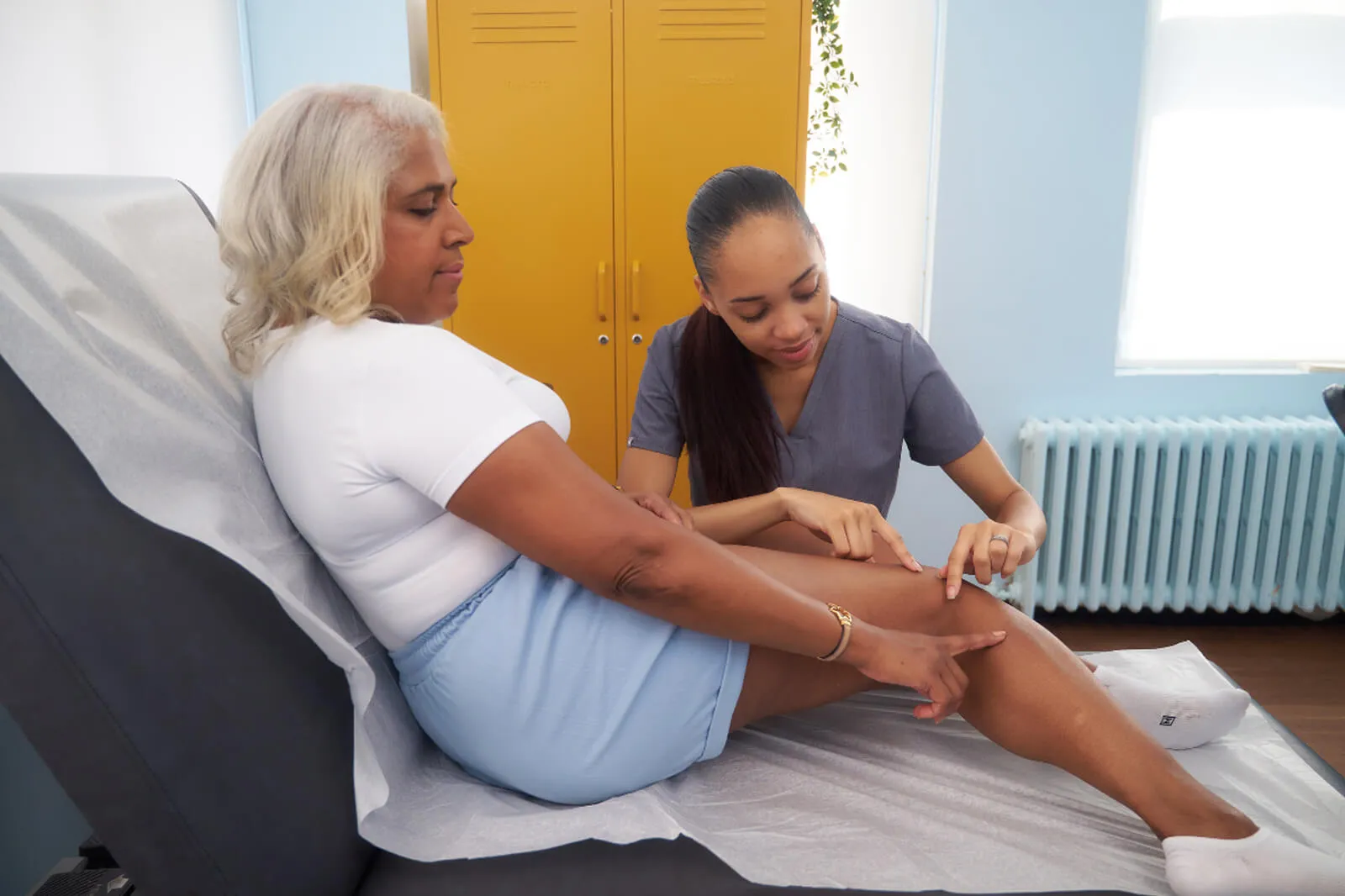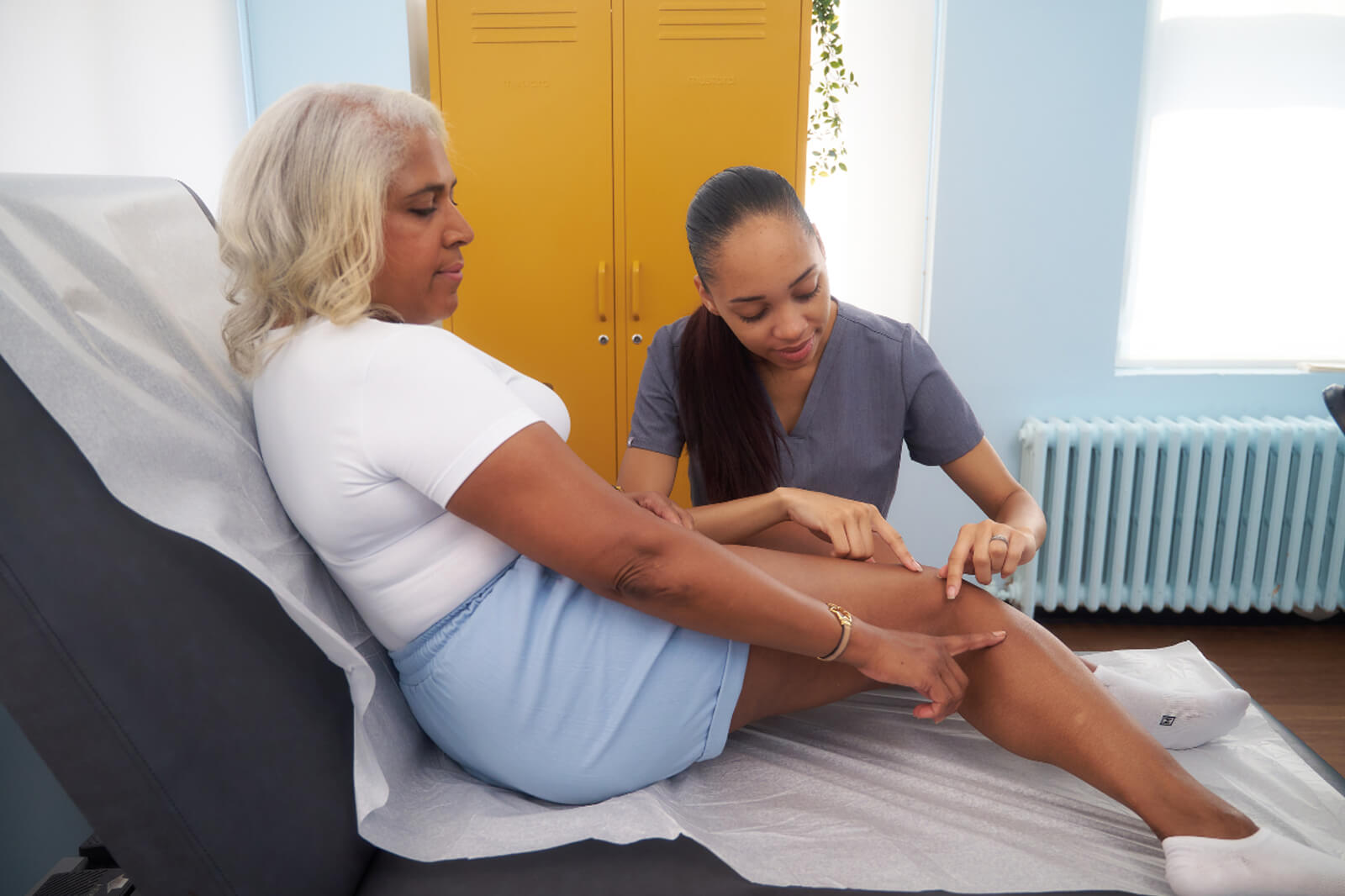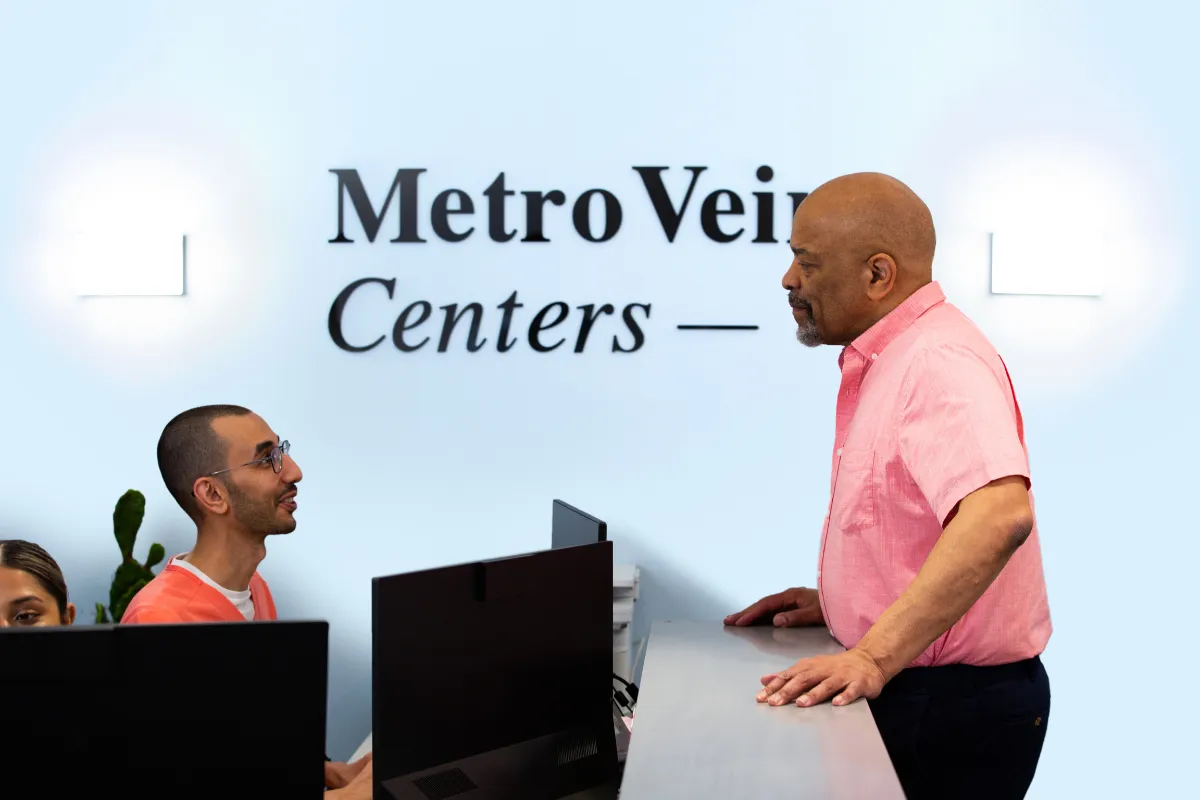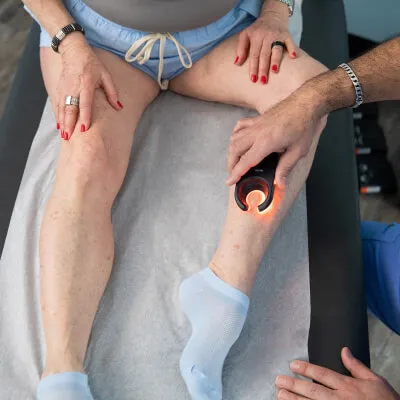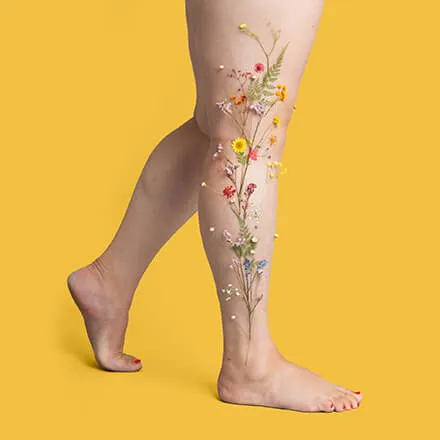Vascular health is more important than you might realize: Your circulatory system is responsible for keeping all of your critical organs operating. Unhealthy veins can cause a variety of uncomfortable symptoms -- restless legs that negatively impact sleep; leg cramps; and swelling/edema in the ankles, calves, and feet that make it difficult to stay active. Further, the complications of vein disease can affect many areas of your greater bodily health. Although vein disease isn't fully preventable, due to a variety of genetic risk factors or even accidental injuries, there are many, many improvements that can help maintain and support healthy vascular function!

Understanding Risk & Your Vein Health
Veins work to carry deoxygenated blood from the tips of your toes all the way back up to your heart and lungs to be re-oxygenated. Veins have valves which work like water-tight doors on a ship, preventing blood from flowing with gravity back down toward the feet. The calf muscle acts like a pump when contracting (it contracts with movement, like with walking), pushing blood to flow upwards against gravity. As this happens, the valves in your veins open up - allowing one-directional blood flow towards the heart. The valves in your veins open and close, serving as watertight gates against backward flowing blood. When your vein valves fail, your veins begin to expand from the backlog of blood, stretching and distorting to form visible varicose veins on the legs. These malfunctioning valves can lead to leaks in the vein walls from the pressure of stagnant blood, painful sensations of tingling, itching, or burning, and the formation of venous ulcers, blood clots, and more.
Some unavoidable risk factors make it impossible to completely prevent varicose veins, such as:
- Sex/gender
- Age
- How the body reacts to pregnancy
- Genetics
- Predisposition through other conditions (autoimmune or otherwise)
- Injury
Although we might not be able to dodge things like a family history of varicose veins, spider veins, or other forms of chronic venous insufficiency, and we may not be able to stop the clock on the aging process, there are many things we can do (or not do) that will set our veins up for success.

Lifestyle Changes Your Veins Will Thank You For
Before we begin, let's put one worry to sleep: We are not going to ask you to become triathletes for the sake of your vein health. The recommendations our vein specialists provide to incoming patients are rather straightforward, and although some may be more of an adjustment than others, these are all adjustments that will save you pain, discomfort, and improve your quality of life.
Add low-impact exercise to your weekly routine
Walking, swimming, cycling, yoga, and other low-impact exercises are not only beneficial to get your blood pumping, but they're also easy on your body's joints and the structure of your veins. Higher-intensity exercises like CrossFit, HIIT, and lifting weights can cause pressure that may damage your veins as you push your body beyond its limits. Keeping your exercise low-impact and regular will help give your circulation a healthy boost!
Maintain a healthy weight
Diet and exercise walk hand-in-hand, and maintaining a healthy weight can help keep additional pressure from gravity off of your vein valves. If you're curious to know the healthy weight range for your age, height, and sex/gender, speak with your primary care physician -- they'll be happy to help provide a scope for you to follow, taking into consideration any pre-existing medical conditions you may have.
Quit (or reduce) smoking and tobacco use
We know this one's easier said than done, but the impact is too great to ignore. Smoking habits can cause a variety of health issues, but when it comes to your vascular health, smoking can change the way your blood flows drastically. Nicotine causes your vessels to constrict, narrowing the pathway blood flows through, which limits the volume of blood they can carry and can cause structural changes resulting in loss of flexibility. We recommend speaking with your primary care provider on ways to reduce and quit smoking. If you can quit, your veins will thank you.
Reduce caffeine and alcohol consumption
You don't have to forsake your morning brew or a glass of wine or beer, we only request keeping it in moderation. If you're reliant on three or more cups of coffee a day, we'd recommend cutting back to two cups, max. Caffeine can constrict the veins and make it difficult to maintain proper blood flow. Alternatively, alcohol can dilate the veins, stretching the walls thinner than usual, which can weaken them. You can absolutely enjoy your cup of joe and some social drinks, but keep your veins in mind!
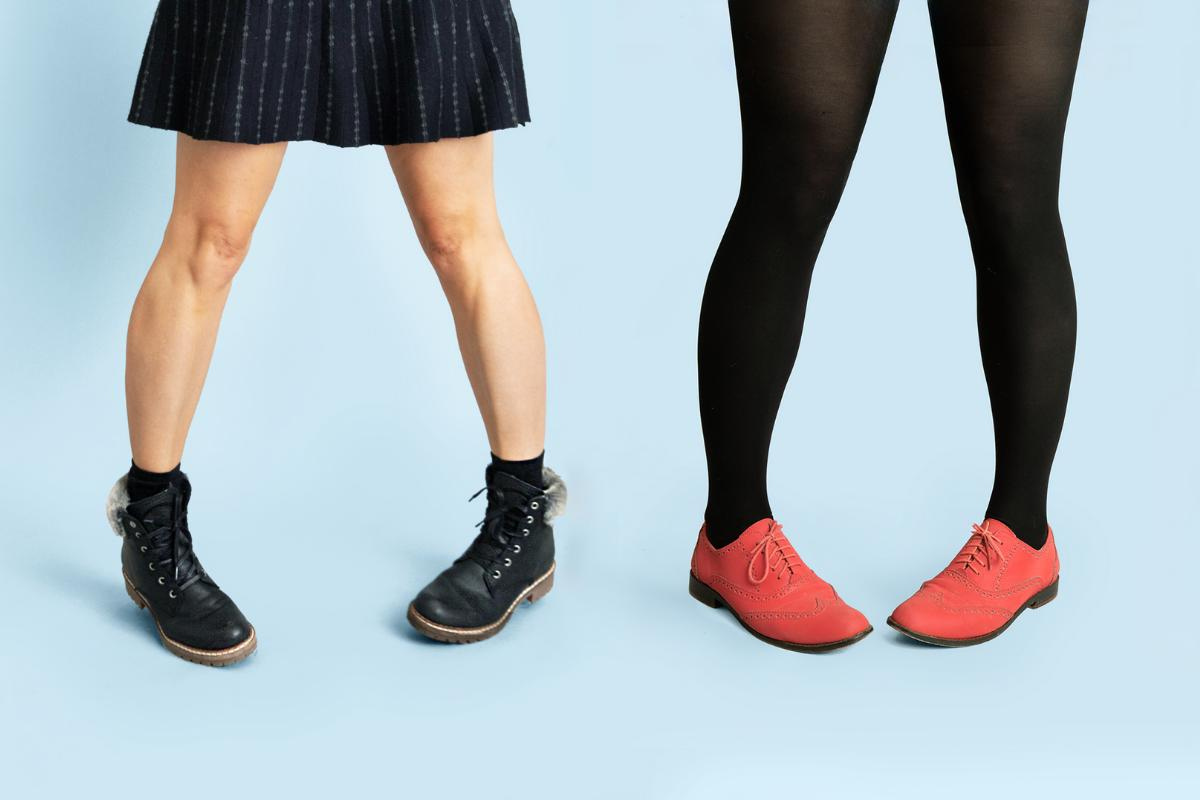
Wear compression stockings
You've heard us sing praises for compression stockings a thousand times by now, but trust us: they're truly that good. Compression stockings add controlled pressure to your veins, helping to boost healthy circulation. We recommend 20-30mmHg of graduated compression, preferably in an over-the-knee design, for optimal results. If your work requires long hours of sitting or standing, or if you're a frequent flier, compression stockings can make a drastic difference in how your legs feel at the end of the day.
Dietary changes
Adding certain food groups to your daily intake can positively impact your vascular health.Increasing fiber intake with vegetables, fruits, and legumes can help reduce constipation and help improve vein health. Berries are rich in antioxidants that strengthen your blood vessels. Good hydration and a reduction of unhealthy fats and sodium can help keep your blood flowing strongly, and your body limber. Healthy fats like Omega-3's reduce inflammation which may restrict blood flow. Incorporate these dietary changes when you can -- build a plate at least once a day that feeds your circulatory system!
Elevate your legs
(Yes, this is the part of the article where we tell you to kick back and relax!) Elevating your feet and legs during leisure time or during sleep can aid your circulation by using gravity to assist your veins. Your veins usually fight gravity all day long, so propping your feet and legs up on a few pillows actually gives them a break! Oh, and it's very comfortable, so bonus points there. Kick your feet up and watch an episode or two of your favorite show!

When To Seek Professional Help
At the beginning of this article, we mentioned that vein disease may not be wholly preventable. Predispositions and accidental injury, and even pregnancy complications can lead to the development of vein disease in otherwise healthy individuals... sometimes, it's simply unavoidable. Sometimes, too, it may be difficult to curb habits that are many years in the making, like caffeine dependance and smoking. It's important to know when it's time to seek out a board-certified vein specialist to address concerns or symptoms you have been experiencing, especially when lifestyle changes don't make a dent in pain or discomfort.
"The key to staying healthy is to pay close attention to patterns that seem minor at first, and apply preventive techniques before advanced complications can set in. Sometimes a patient doesn't realize their vein issues have progressed until their concerns are more obvious and unignorable. I'm here to help my patients at whatever stage." -- Dr. Justin Ha

Vein disease is a progressive medical concern that advances and worsens if left untreated. Early stages can present as minor discomfort or the appearance of visible spider veins, some light cramping or itching, minor swelling at the ankles, or other easy-to-miss symptoms. As vein disease progresses, however, the symptoms become more severe, potentially leading to life-threatening conditions like deep vein thrombosis or putting you at risk of infection through active venous ulcers.
Whether you're being proactive, experiencing symptoms, or in pain, our team of vein doctors are here to help you get back to healthy, happy legs. We provide free vein evaluations with eligible insurance plans, where you can discuss your vein health with a doctor directly. Our specialists customize treatment plans catered to your. We offer a variety of minimally invasive, FDA-approved vein treatments for varicose veins, spider veins, and other signs of chronic venous insufficiency in the legs. From sclerotherapy (largely considered the gold standard in vein care) to radiofrequency ablations, Varithena, and laser vein treatments, we're prepared to approach your concerns with consideration for your lifestyle to provide you with recommendations for improvements as we strive to deliver the best possible results.
FAQs
Does wearing high heels cause varicose and spider veins?
Wearing high heels has been shown to reduce the muscle pump function of the calf (the heart of the legs), inhibiting blood return in the legs and increasing venous pressure. However, wearing high heels is not usually the only contributing factor to the development of vein disease. If you're experiencing pain, or if you have visible veins, there are likely underlying factors at play.
Can I wear compression stockings while I sleep?
Compression stockings can be worn during rest, however similar effects can be achieved by elevating the legs on a pillow or two, which may be more comfortable when you're trying to sleep. Additionally, when you're horizontal, your veins are not experiencing as much gravitational pressure as when you're standing, so it may not be necessary to wear compression stockings to bed.

How do I find a vein center near me? How can I book an appointment with a vein doctor? Will insurance cover my vein treatment?
Our New York, New Jersey, Connecticut, Michigan, Texas, Arizona, and Pennsylvania vein clinics are accepting new patients. We offer minimally invasive and 100% non-invasive vein treatments for varicose veins, spider veins, and other painful or uncomfortable symptoms of vein disease. Our team is happy to answer any questions you may have about treatment options, appointment availability, or insurance coverage. We accept over 200 insurance plans in our clinics, and we're happy to detail your coverage options with you directly. Our state-of-the-art vein treatments can be performed in under 30 minutes, in our accredited vein clinics, by our certified vein doctors. Call 866-353-5558 to schedule your vein evaluation and get started on the journey to healthy, happy legs.
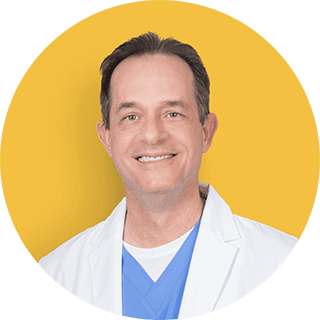
Dr. Philip LoPresti
Meet Dr. Philip LoPresti DO, DABVLM, FACS, a board-certified vein specialist and surgeon with over 20 years of experience. Schedule an appointment with him in Queens, NY today.
Meet Dr. Philip LoPresti
Trusted insight from the nationally accredited, board-certified vein doctors at Metro Vein Centers.


